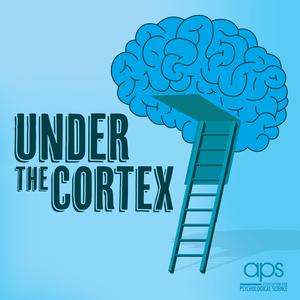From the earliest months of life, we rely on faces to help us navigate the world. They tell us who’s safe, who’s familiar, and whether they’re paying attention to us. But do our responses to faces develop gradually as our brains mature? Or are we born prewired to lock onto the human face. In this episode of Under the Cortex, cognitive scientists Rebecca Saxe of MIT and Heather Kosakowski of Harvard University join host Scott Sleek to discuss their groundbreaking findings, published in Current Directions in Psychological Science, about the development of the brain’s face-processing network.
If you're interested in learning more about this research, visit psychologicalscience.org.
Send us your thoughts and questions at
[email protected].
Under the Cortex is going on hiatus and won’t be recording new episodes for the foreseeable future. Explore our archive of 150 episodes filled with scientific insights, stories from editors and researchers, and conversations worth revisiting again and again!


